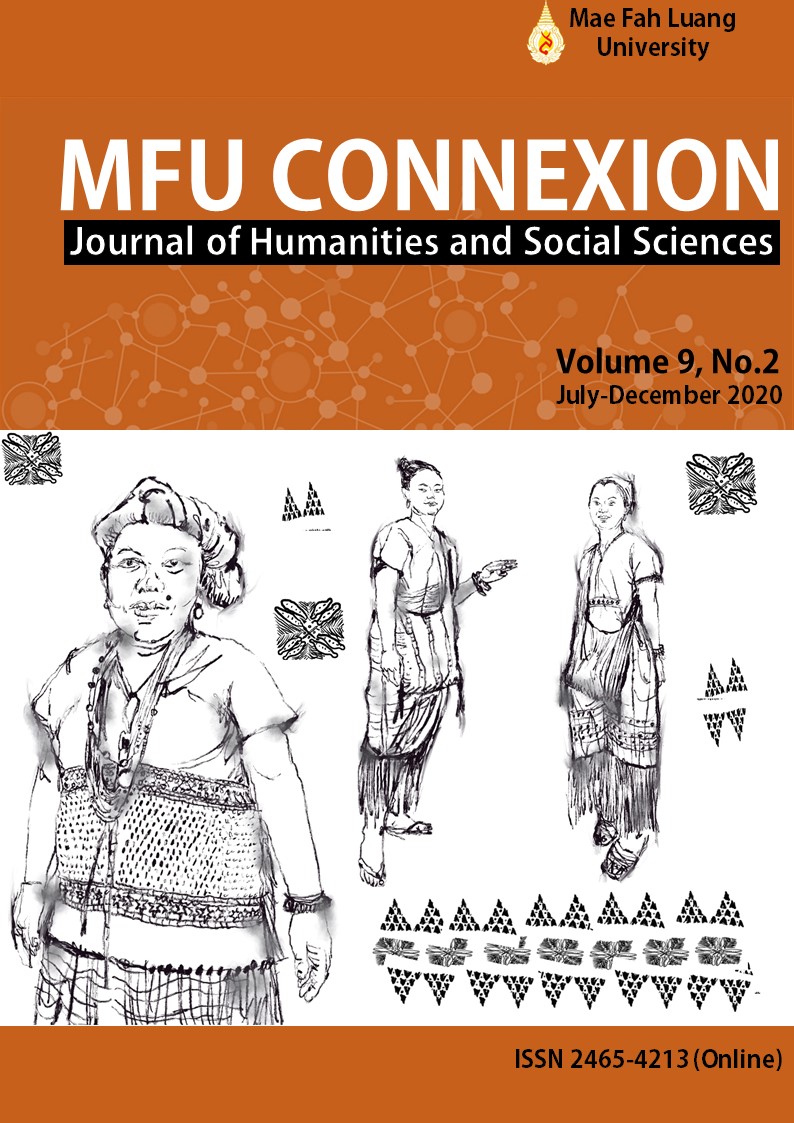The Changes in China’s Anti-Corruption Policy During 1949 to Present
Main Article Content
Abstract
Anti-corruption has been an important policy issue in China since the 18th National Congress of the Communist Party of China (CPC) in 2012. Anti-corruption has become a new normal in Chinese politics. This article adopts the Advocacy Coalition Framework (ACF) to study the changes in China’s anti-corruption policy since 1949. The study is found that: (1) From the era of Mao Zedong to Xi Jinping China’s anti-corruption policy subsystem has gradually formed two advocacy coalitions: the CPC system and the state system, the dominant coalition in making decision is the CPC system; (2) China's anti-corruption system has transformed a single-track into dual-track model because of the change of the CPC’s policy core belief. Therefore, as long as there is the strong social participation mechanism, China’s anti-corruption will be an effective development.
Article Details
Copyright
Connexion: Journal of Humanities and Social Sciences has an exclusive right to publish the accepted articles in any form. However, the author retains the following rights:
1. The right to the ownership of the article;
2. The right to use all or part of the article in his/her other works;
3. The right to re-produce the article for personal use or for use in the author’s organisation, in which case the author must obtain permission from Connexion: Journal of Humanities and Social Sciences;
4. The right to make copies of all or part of the work for educational use or for the author’s use in classroom teaching; and
5. The right to include the work (both the preprinted and printed versions) in an institutional repository.
References
Becker, J. (2008) Tackling corruption at its sources, Journal of Chinese Political Sciences, vol. 13, no. 3, pp. 287-303.
Birney, M. (2014) Decentralization and veiled corruption under China’s rule of mandates, World Development, vol. 53, no. 2, pp. 55-67.
Chen, D., & Lu, Y. (2017) Chinese corruption and anti-corruption in recent years, Review of Overseas Studies, vol. 37, no. 5, pp. 66-78.
Cui, Y., & Gao X. (2018) The theoretical background, historical approach, and new trends in the construction of party-government relations with Chinese characteristics, Journal of Socialist Theory Guide, vol. 38, no. 8, pp. 4-12.
Deng, J. (2018) The national supervision commission: A new anti-corruption model in China, International Journal of Law, Crime and Justice, vol. 52, no. 1, pp. 58-73.
Deng, X. (1993) Selected works of Deng Xiaoping, Beijing: People's Publishing House.
Gao, X., & Nong, H. (2003) Discussion on the party's leadership style and ruling style, Nanning: Guangxi People's Publishing House.
Gong, T. (2015) Managing government integrity under hierarchy: Anti-corruption efforts in local China, Journal of Contemporary China, vol. 45, no. 94, pp. 684-700.
Jin, C. (2004) The biography of Mao Zedong, Beijing: Central Literature Publishing House.
Keliher, M. (2016) Corruption, anticorruption and the transformation of political culture in contemporary China, The Journal of Asian Studies, vol. 75, no. 1, pp. 5-18.
Ko, K. (2012) Structural changes in China corruption, The China Quarterly, vol. 211, no. 2, pp. 817-740.
Ko, K. (2013) Fiscal decentralization: Guilty of aggravating corruption in China, Journal of Contemporary China, vol. 22, no. 79, pp. 35-55.
Li, L. (2001) Support for anti-corruption campaigns in rural China, Journal of Contemporary China, vol. 10, no. 29, pp. 573-586.
Lin, S. (2010) Construction of China's anti-corruption system and its framework, Journal of Social Science Henan University, vol. 50, no. 1, pp. 1-3.
Liu, C. (2019) An optimization analysis of the corruption governance system of China, Thought Front, vol. 45, no. 4, pp. 97-103.
Quade, E. (2007) The logic of anticorruption enforcement campaigns in contemporary China, Journal of Contemporary China, vol. 16, no. 50, pp. 65-77.
Quah, J. (2016) Hunting the corrupt “tigers” and “flies” in China: An evaluation of XI Jinping's anti-corruption campaign, Maryland Series in Contemporary Asian Studies, vol. 1, no. 1, pp. 1-9.
Smith, J., et al. (2018) Advocacy coalition framework: An overview of the research program, 4th edition, London: Routledge.
Wedeman, A. (2005) Anticorruption campaigns and the intensification of corruption in China, Journal of Contemporary China, vol. 75, no. 12, pp. 93-116.
Wedeman, A. (2013) Double paradox: Rapid growth and rising corruption in China, New York: Cornell University Press.
Xiao, L. (2008) The historical evolution and lessons of the communist party of China's governing method, Marxism & Reality, vol. 89, no. 4, pp. 147-154.
Yang, X. (2017) Report of 19th CPC National Congress, Available: http://www.sohu.com/a/198991871_119798 [4 September 2020]
Zhang, Z., & Yang, H. (2013) The hotspots and their progress trends in the domestic research of corruption and anti-corruption of China, Academics Research, vol. 178, no. 4, pp. 66-79.
Zhu, Q. (2019) Government structure and the relationship between the party and government, Journal of Philosophy and Social Sciences Jinan University, vol. 41, no. 7, pp. 30-36.
Zhu, Y. (2012) The history practice research on the CPC anti-corruption political system construction--based on the analysis of political ecological environment changes, Doctoral dissertation, Shanghai Academy of Social Sciences.


